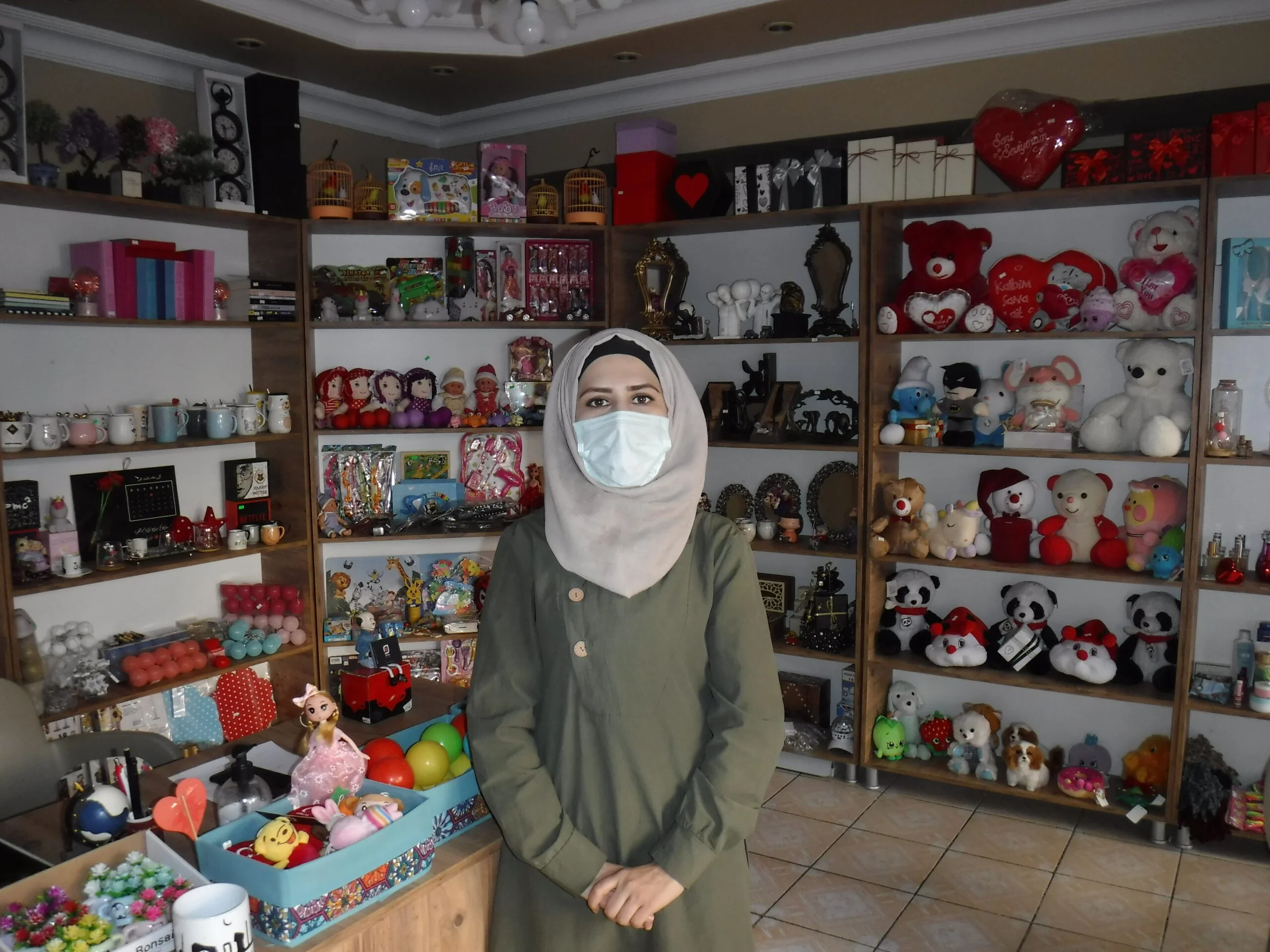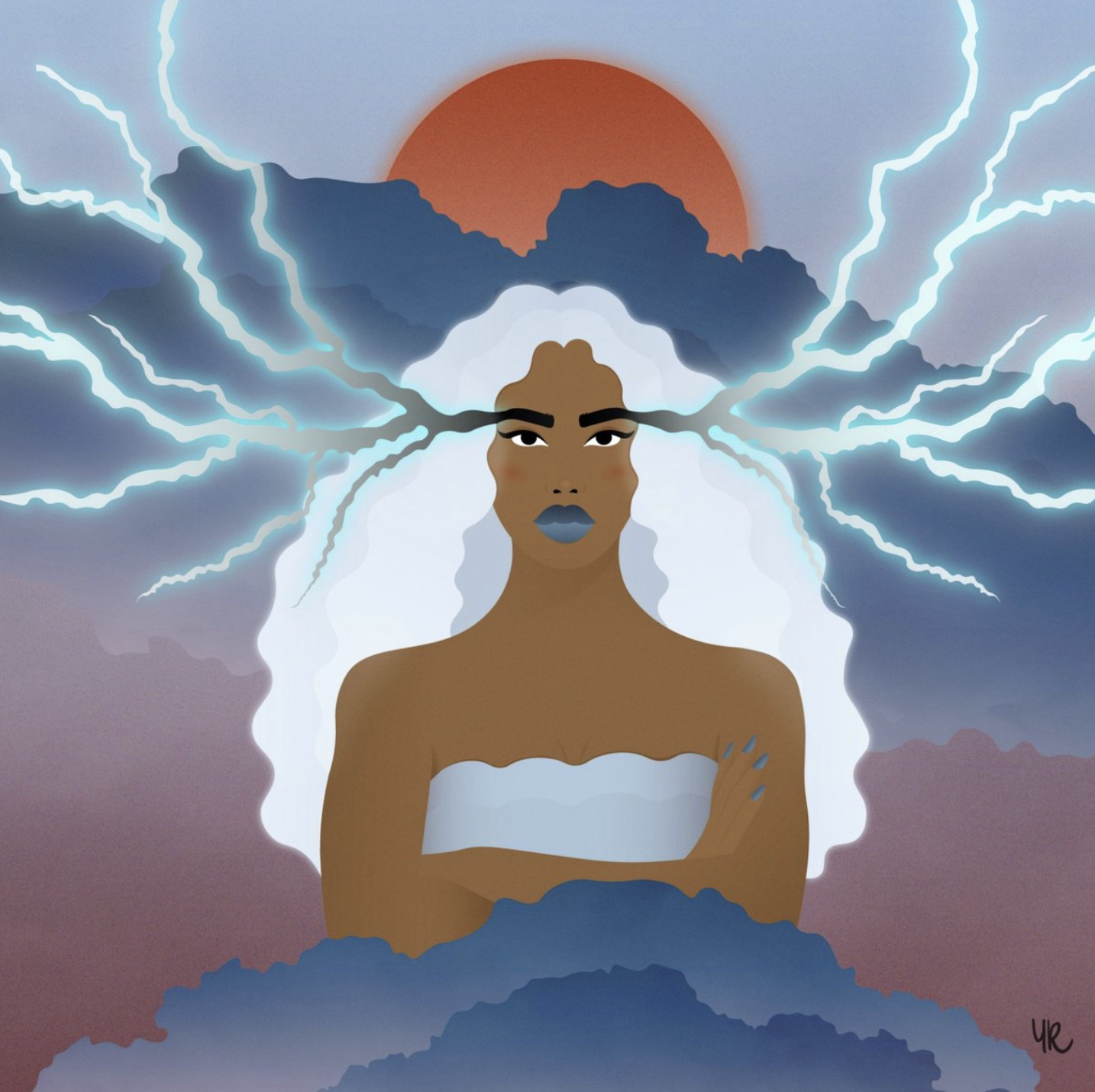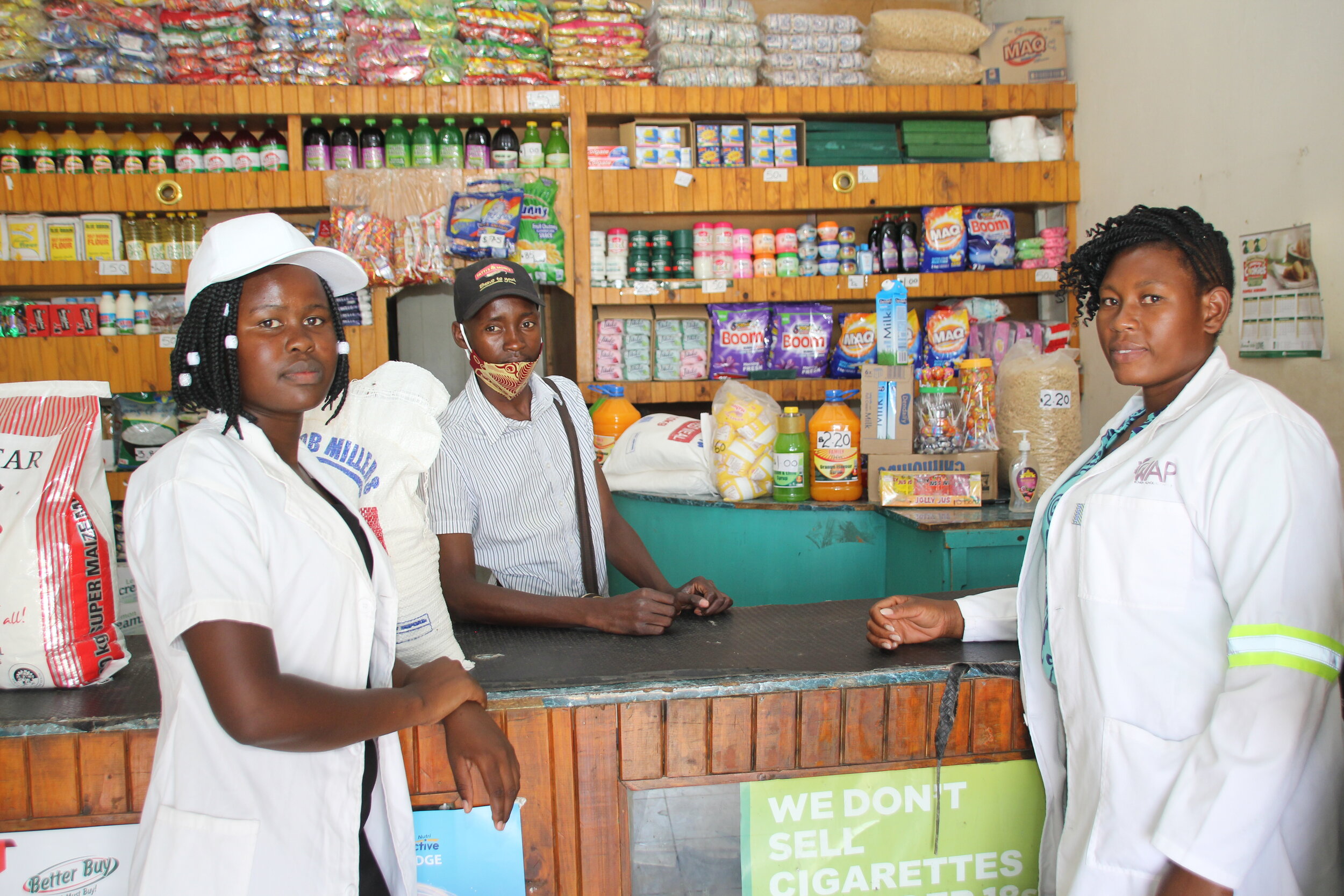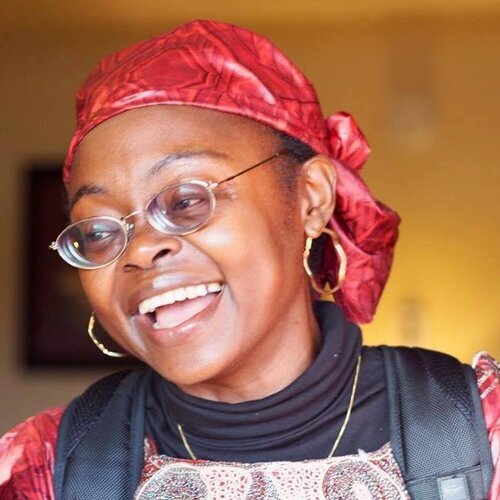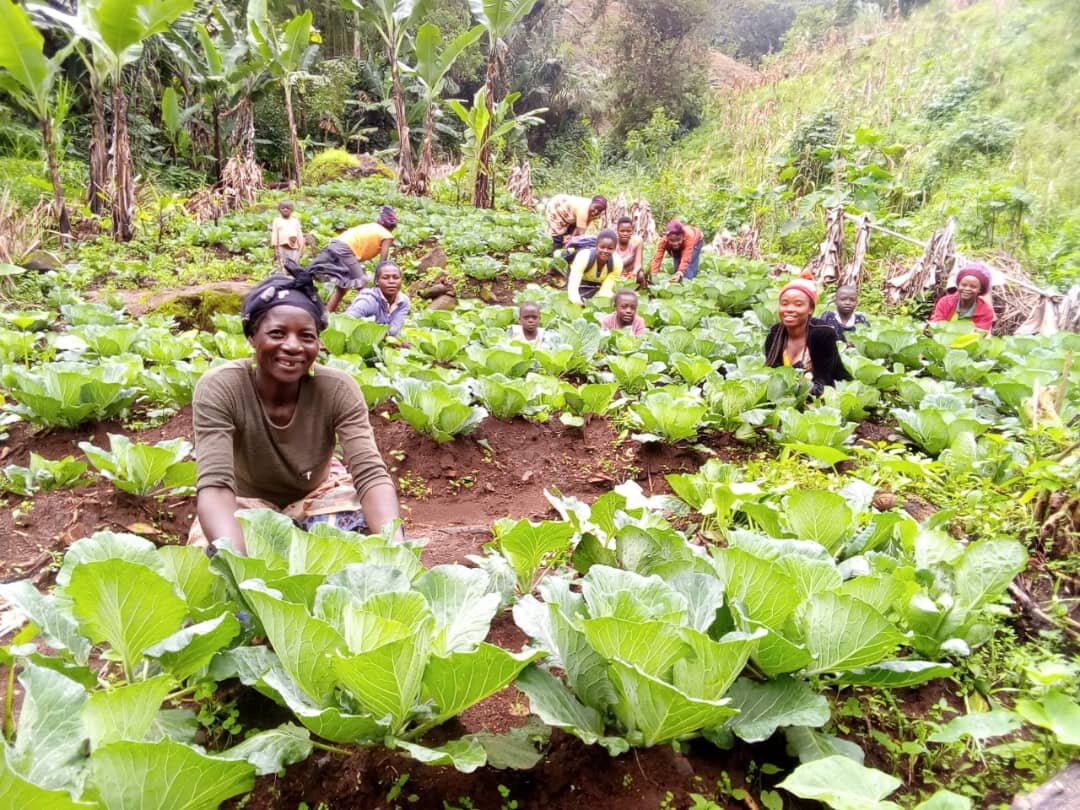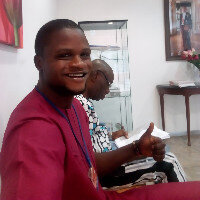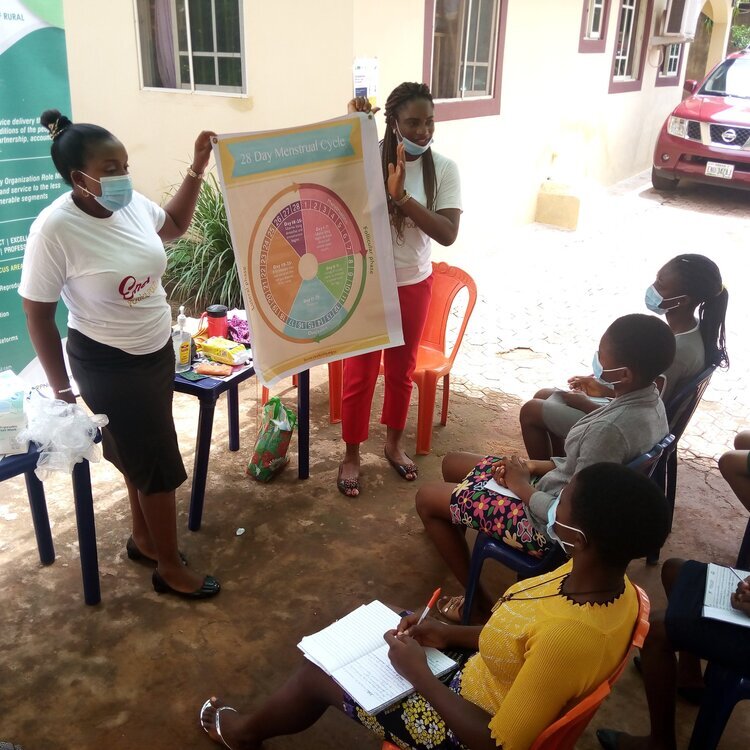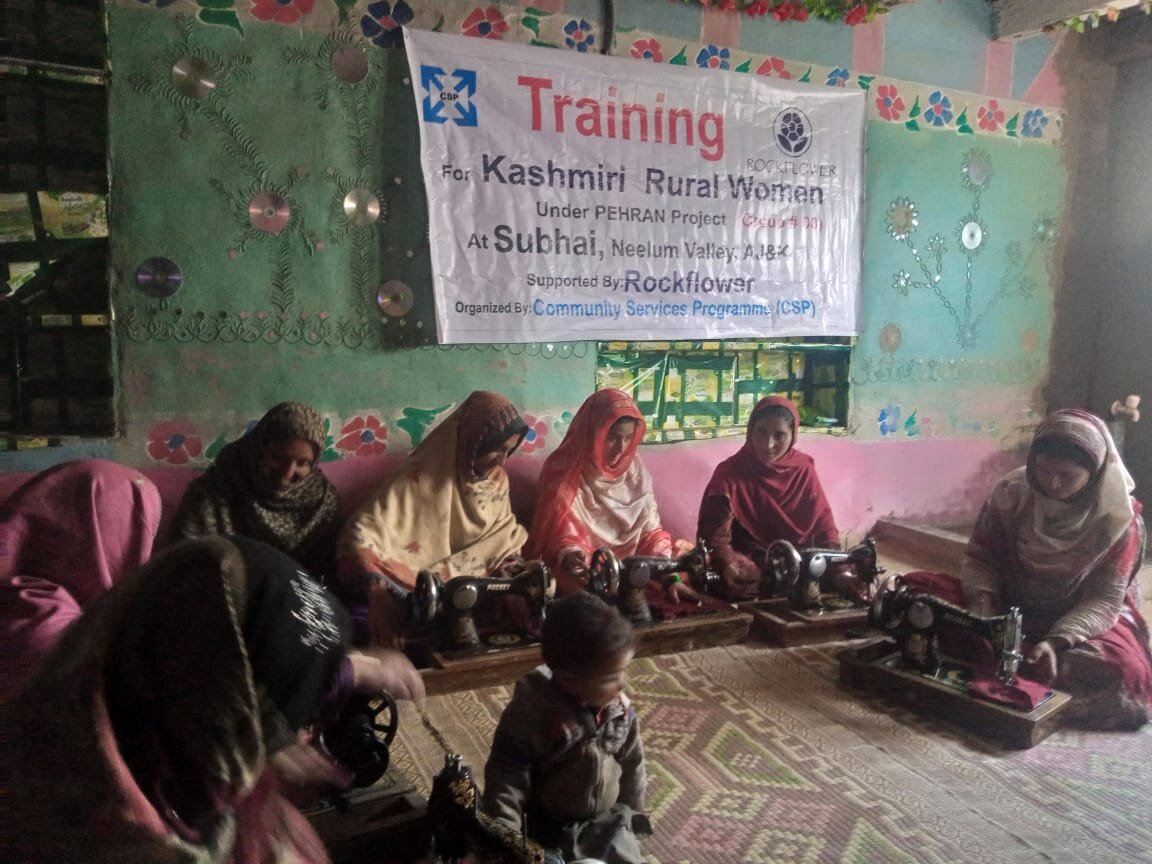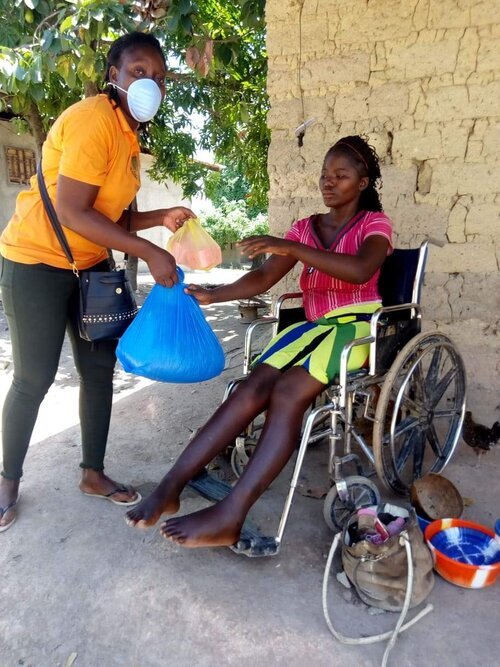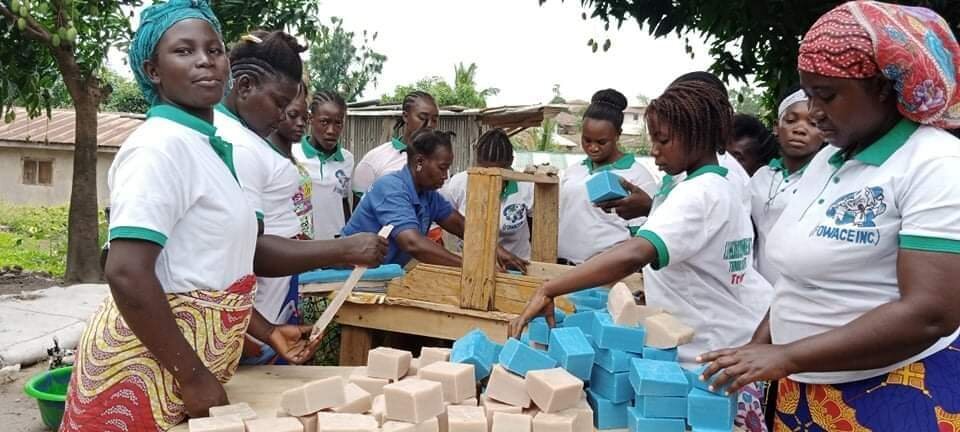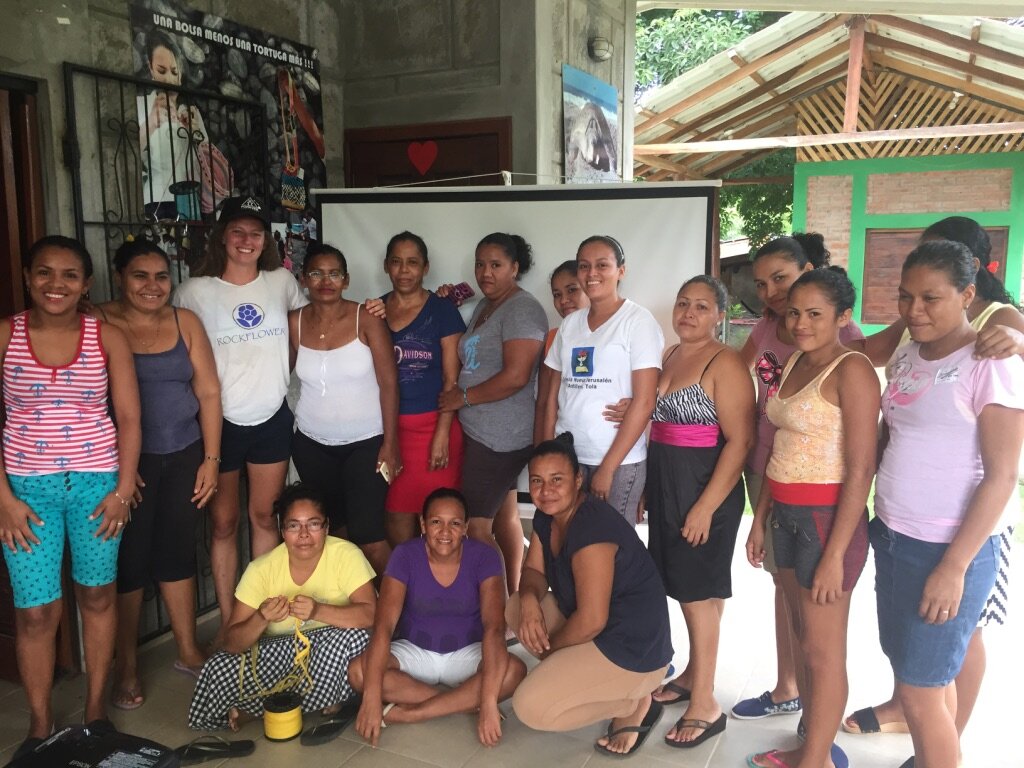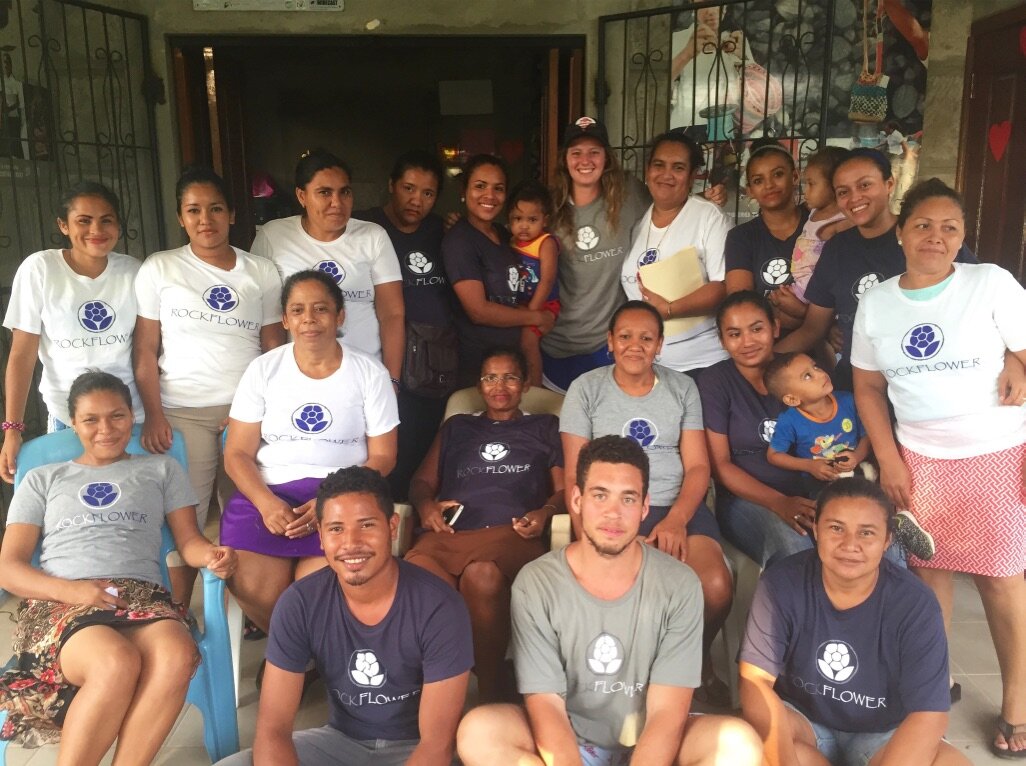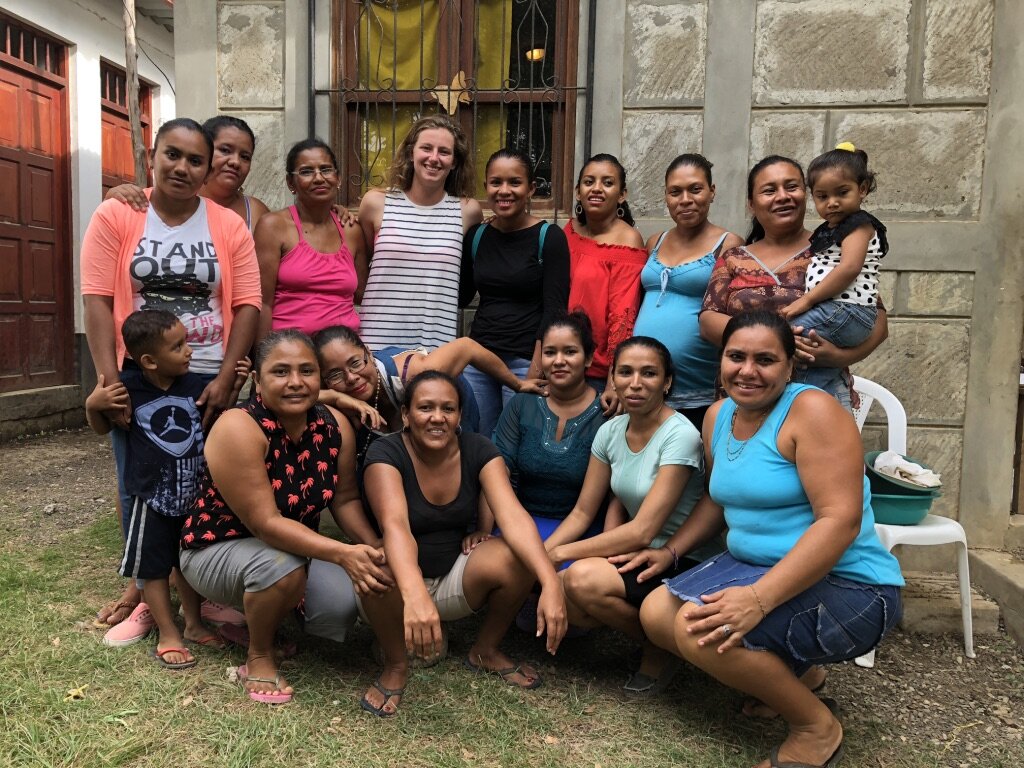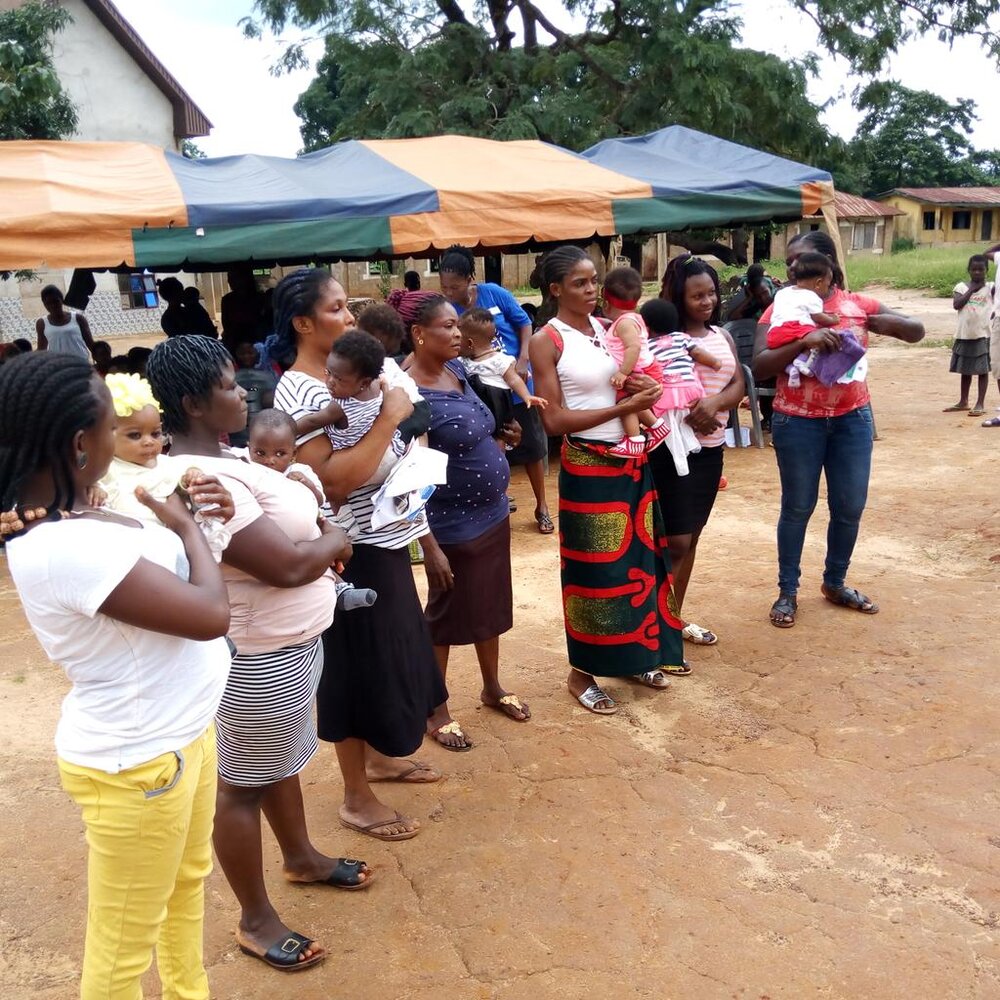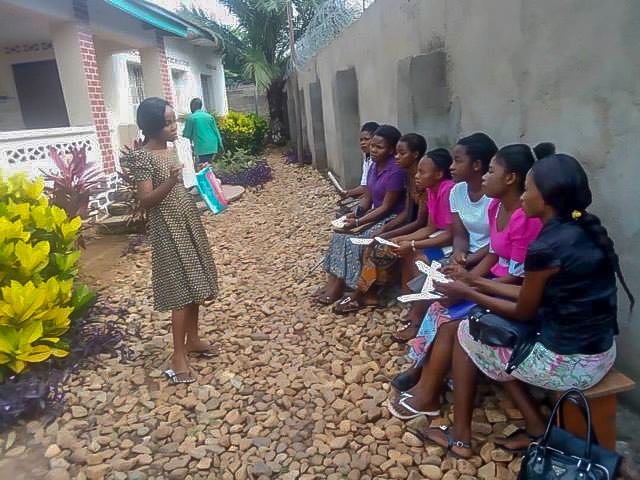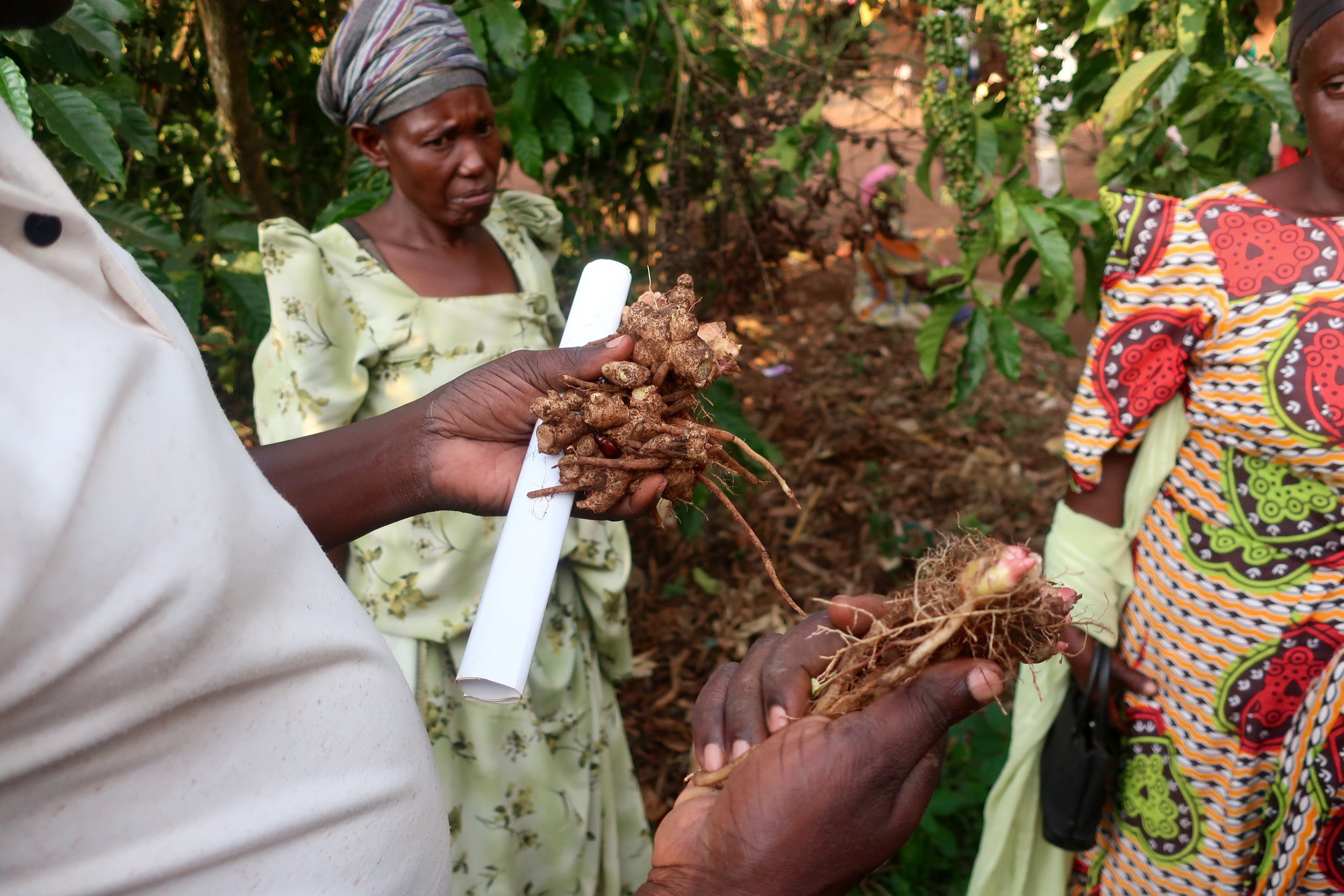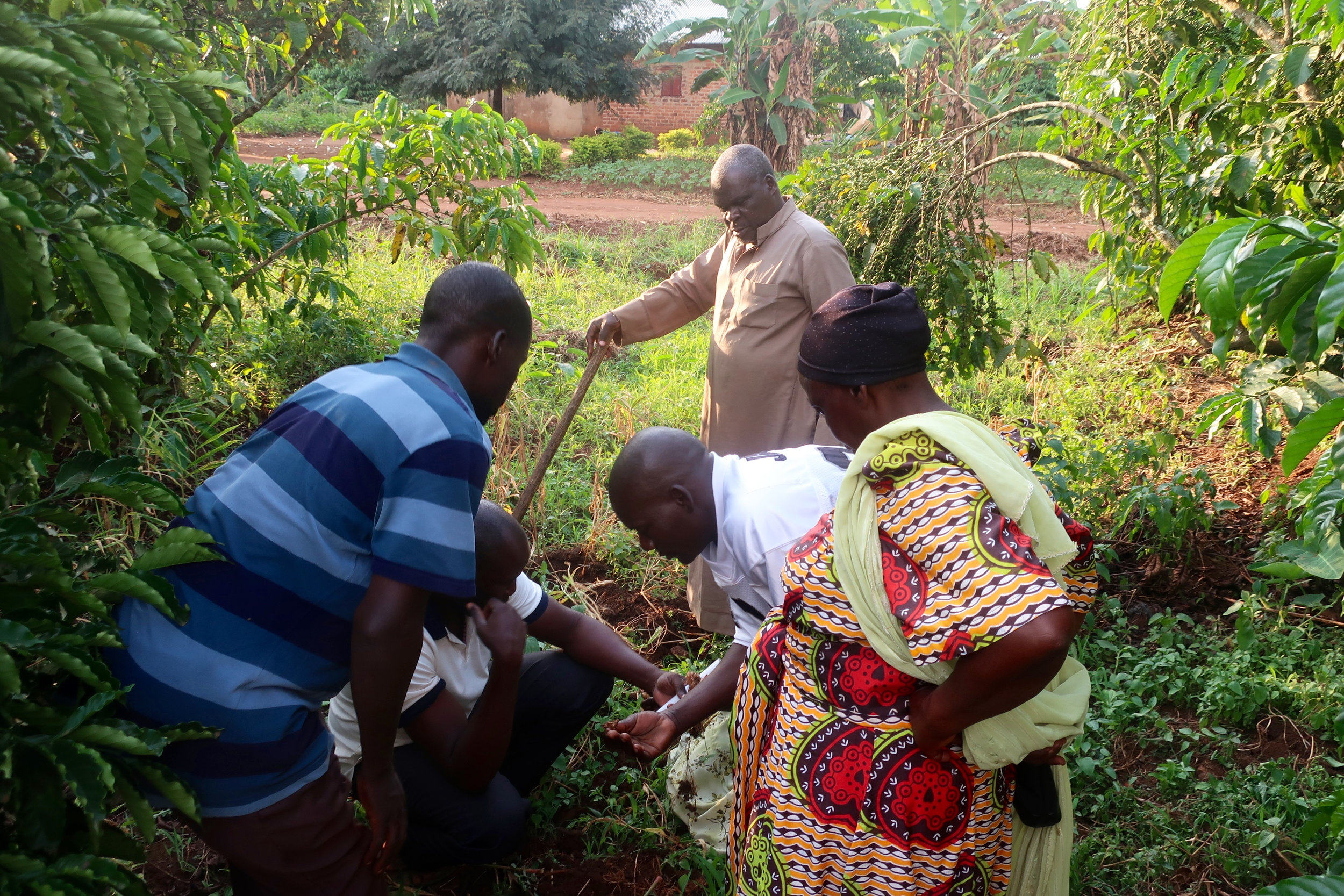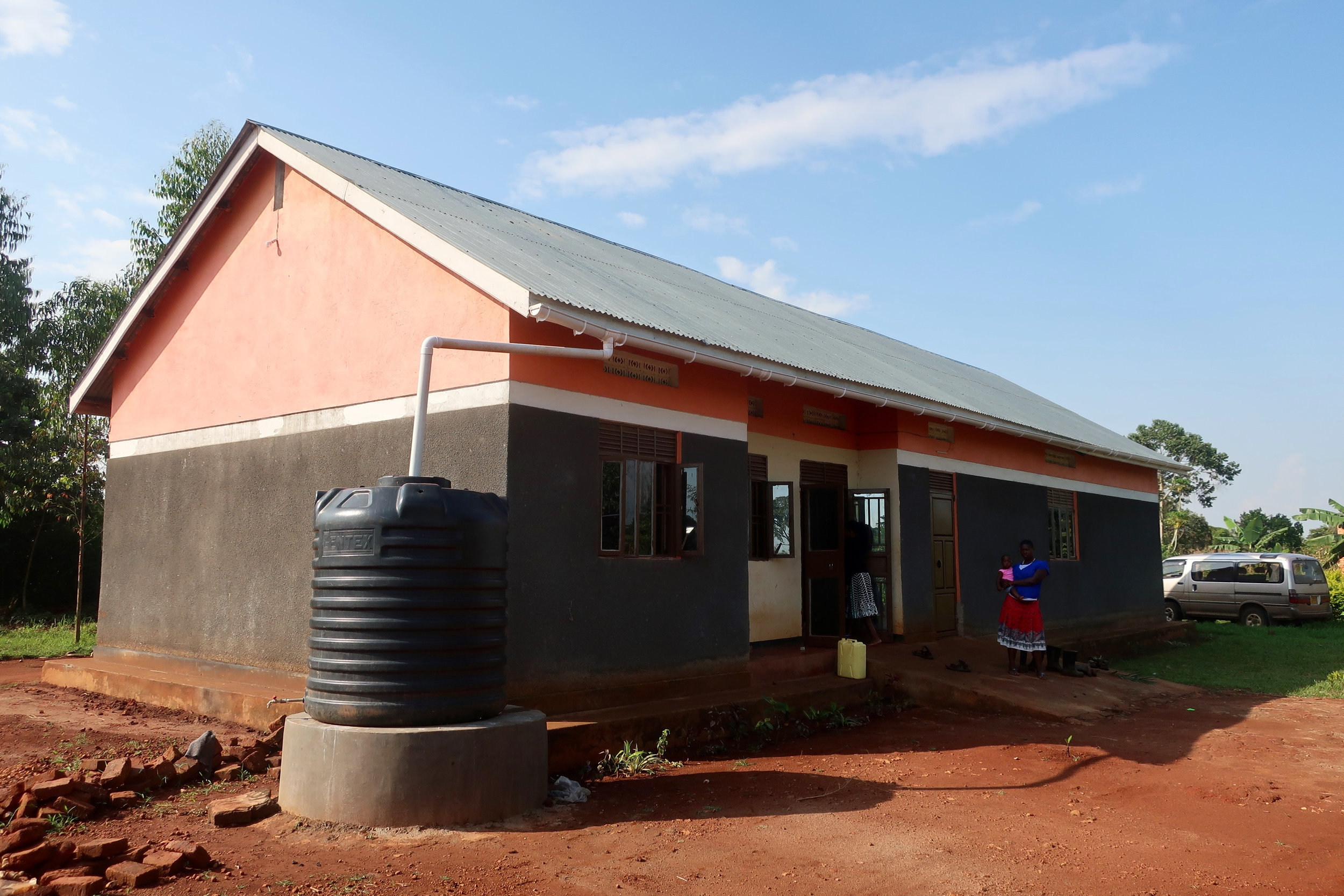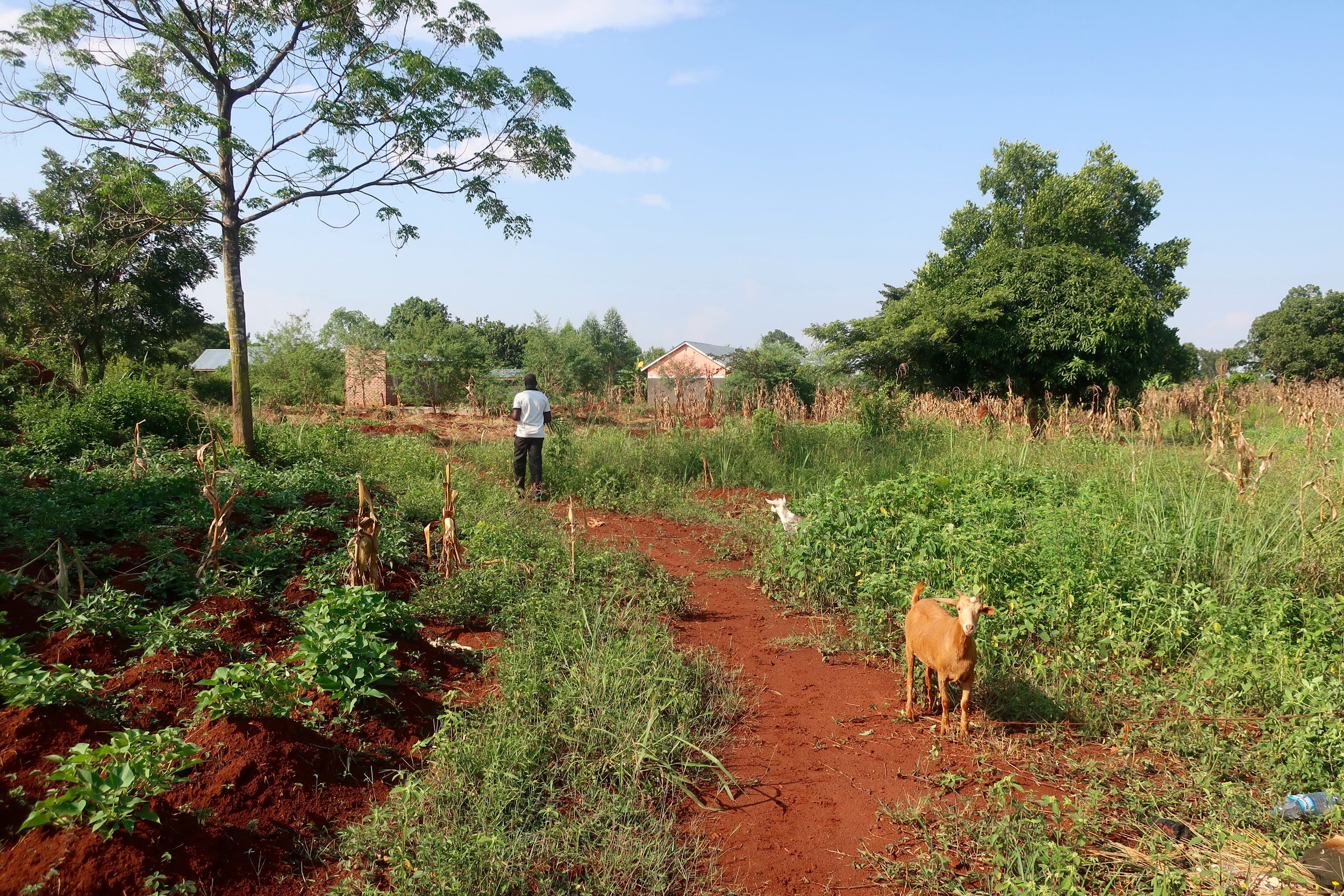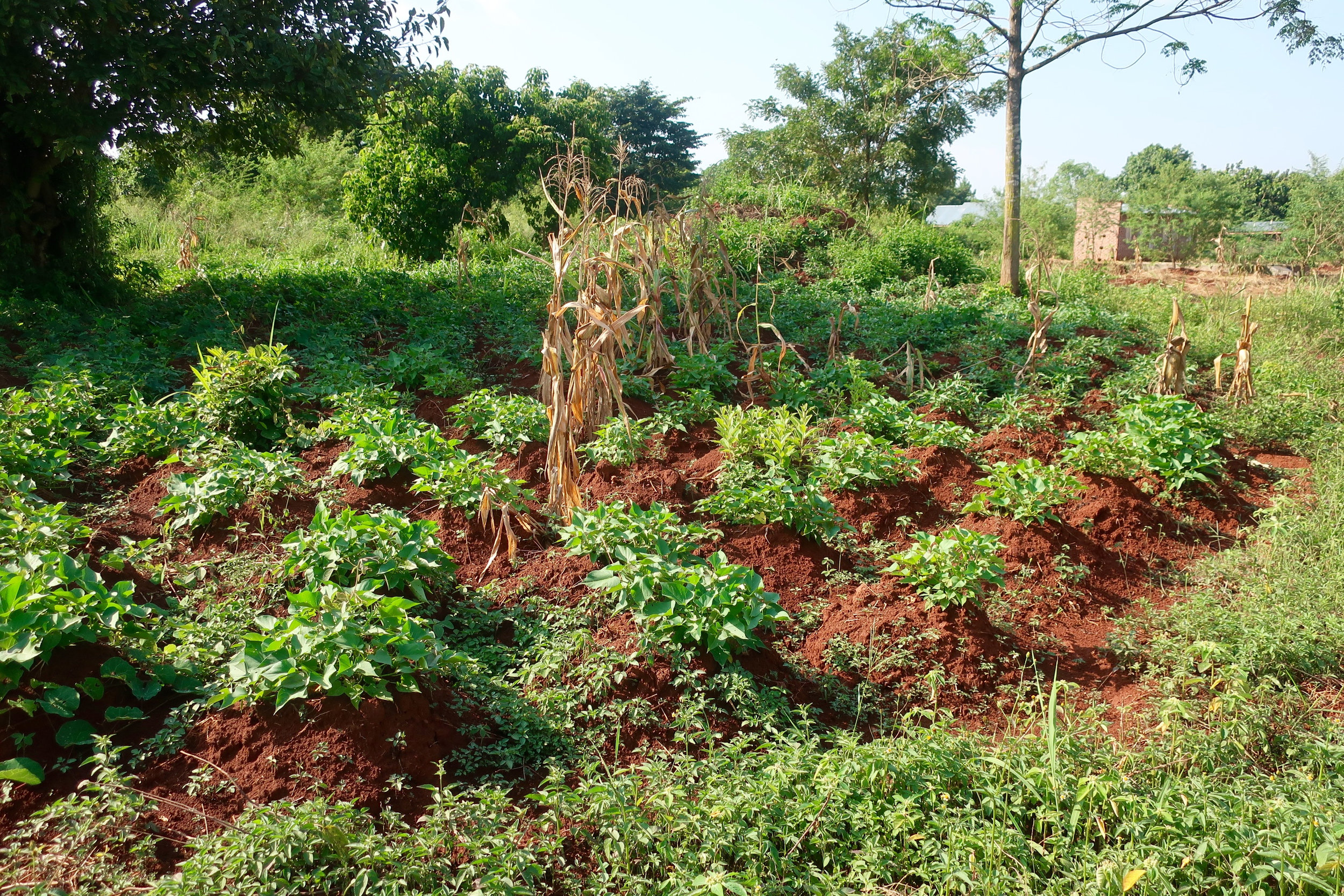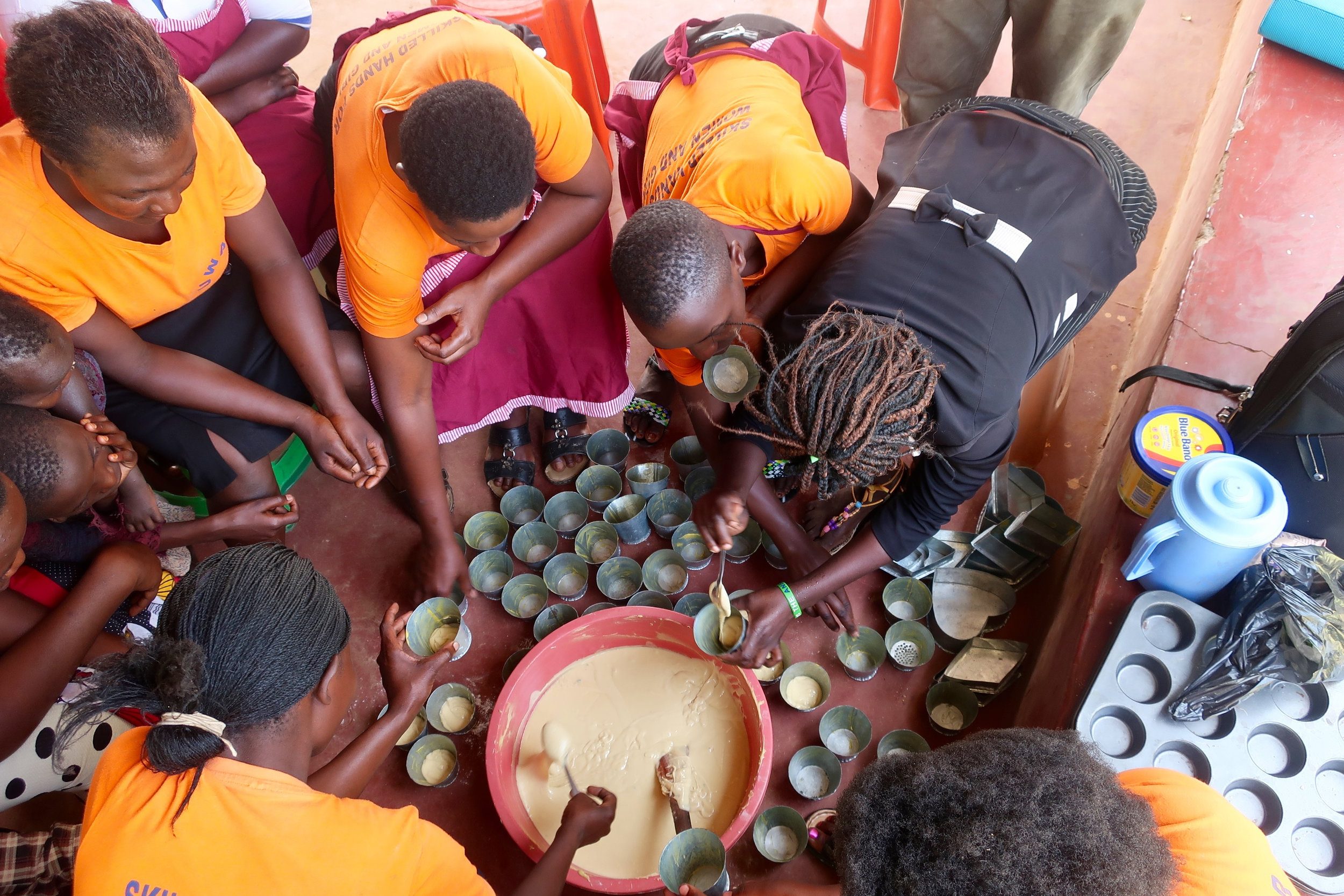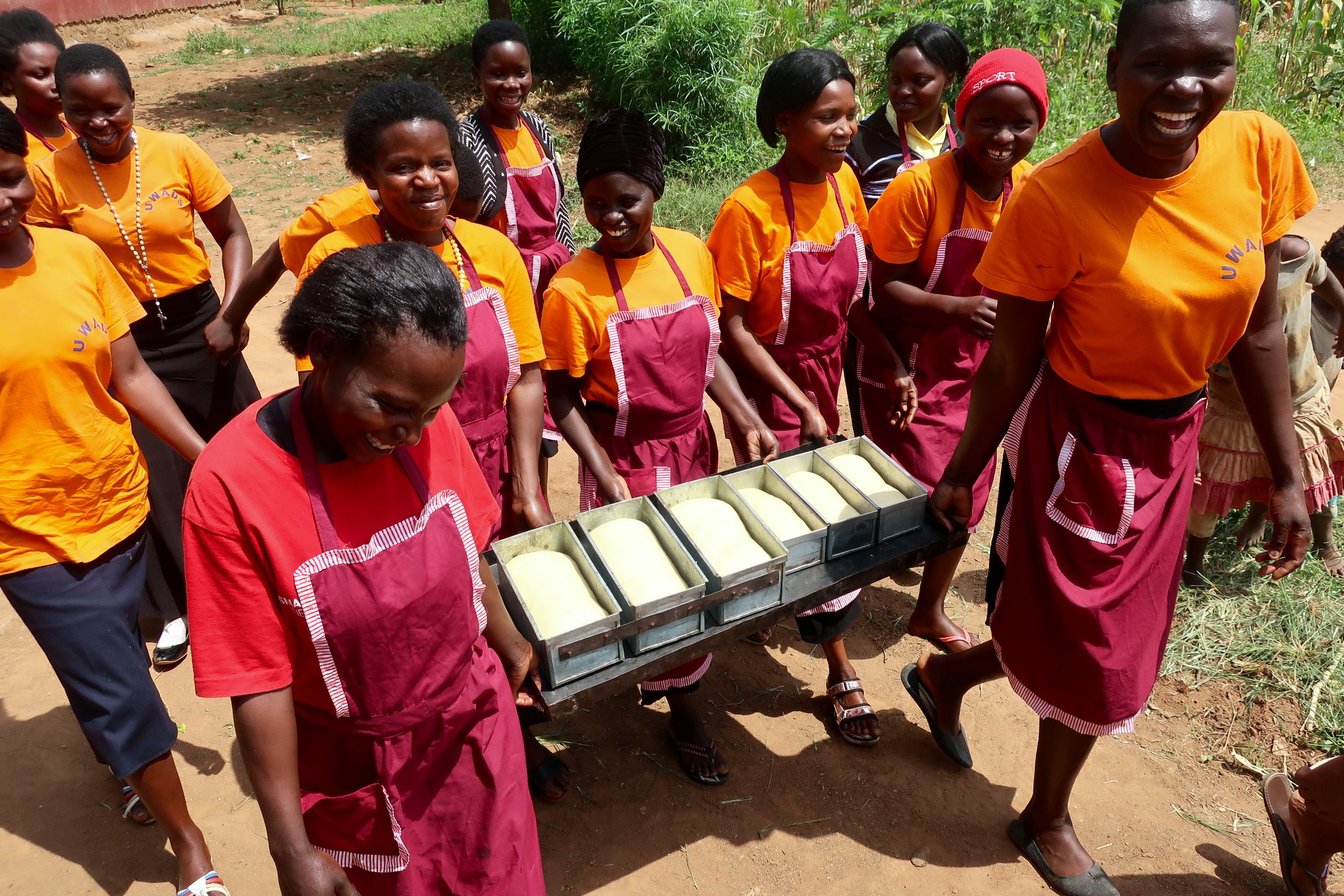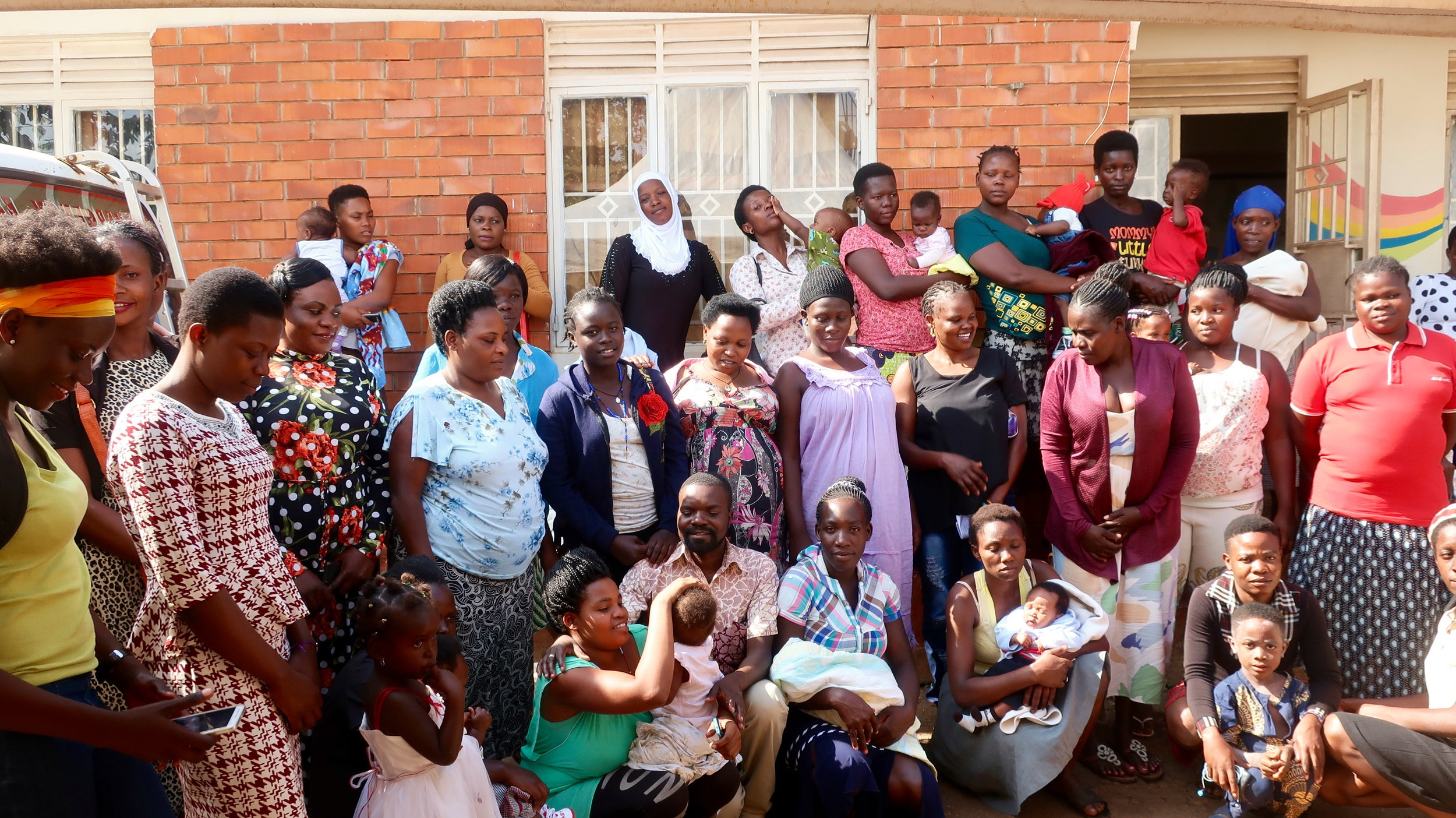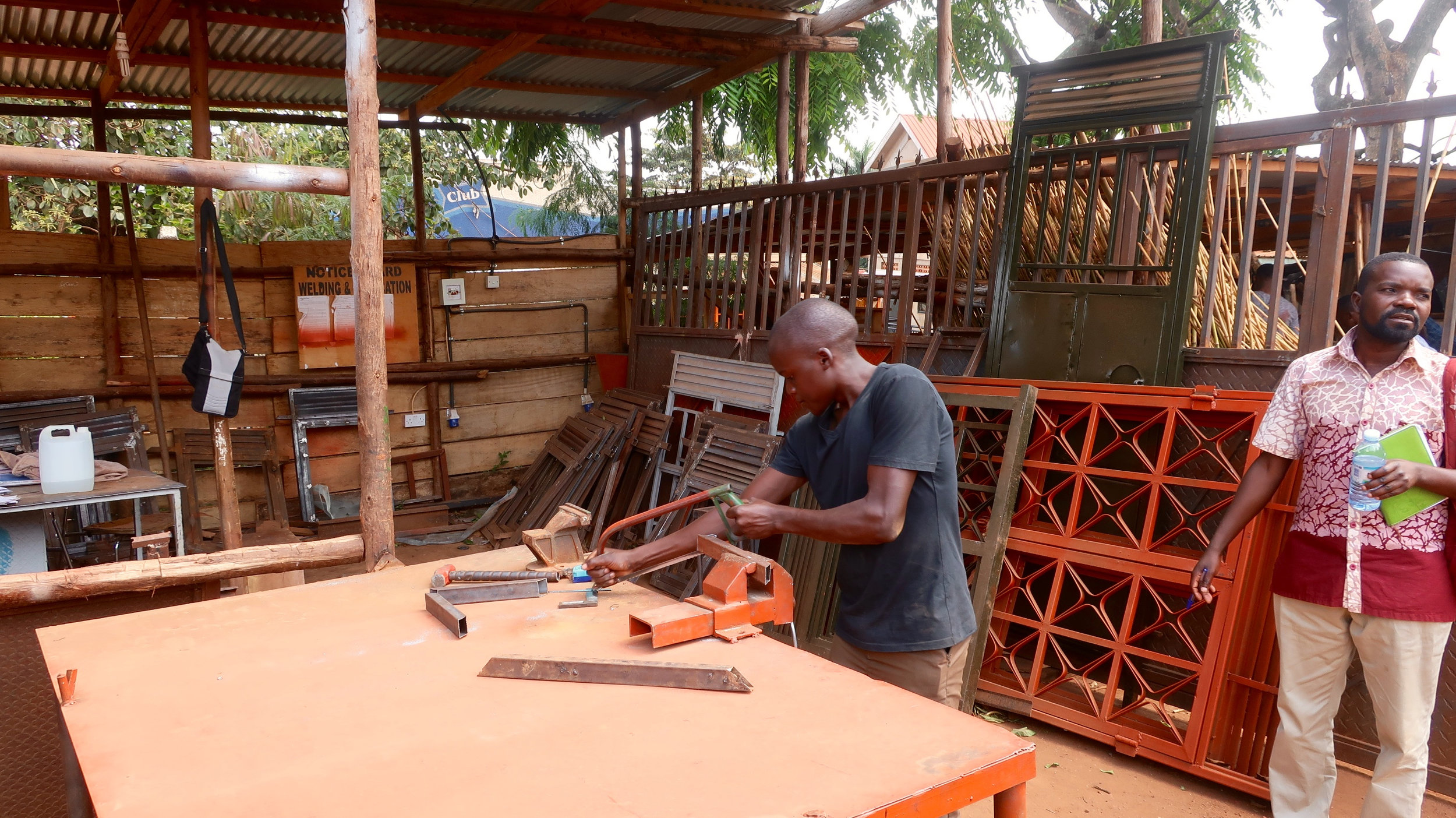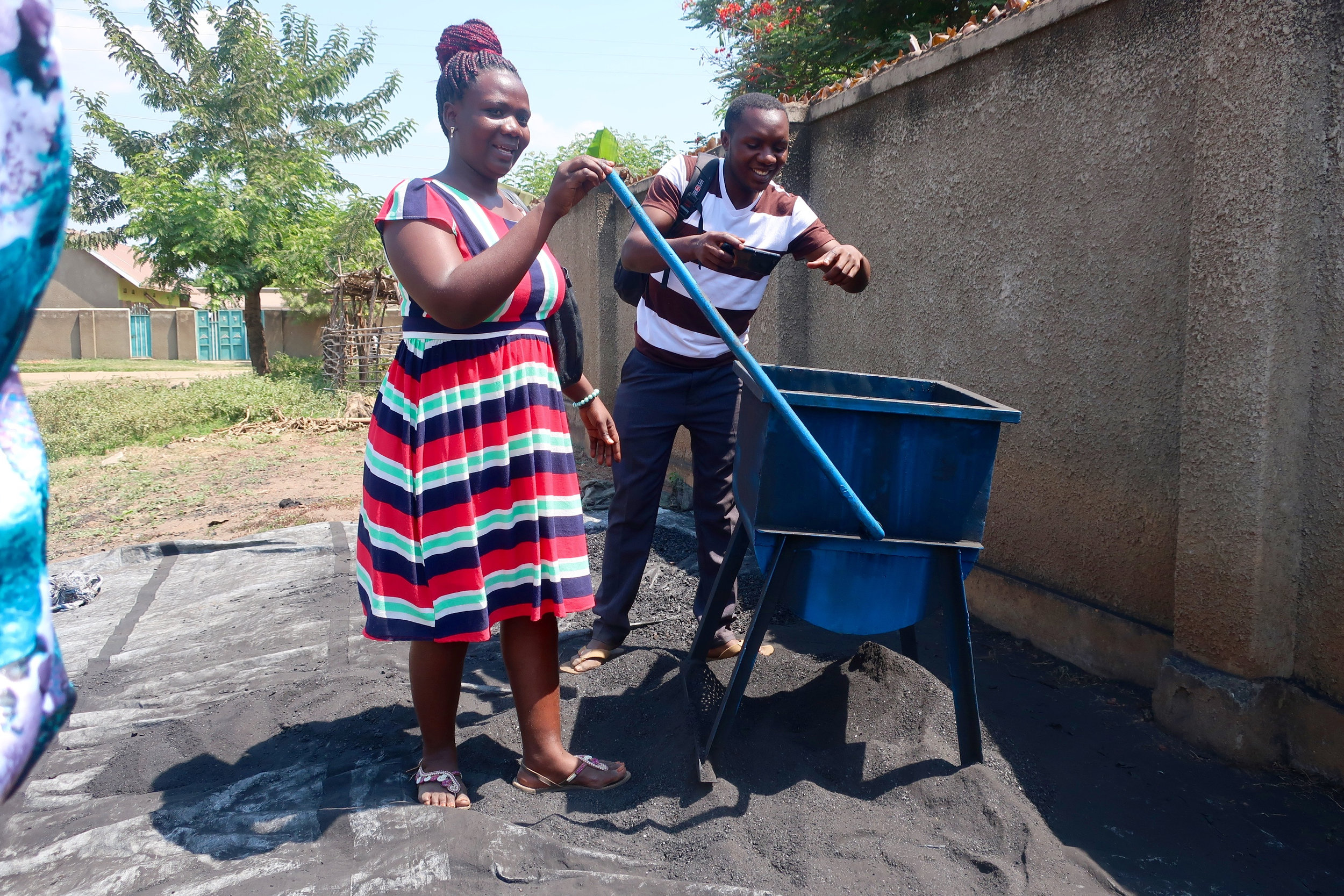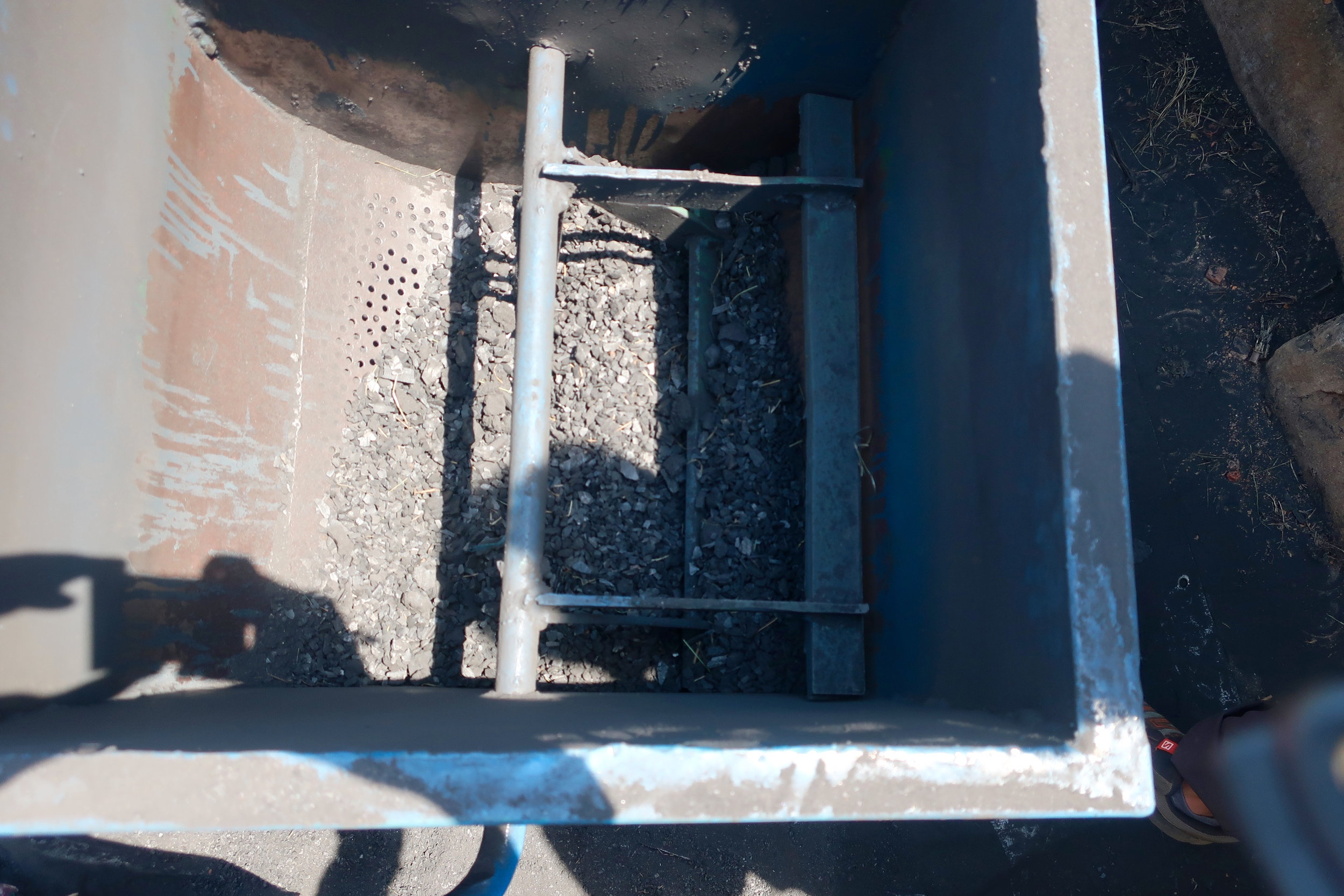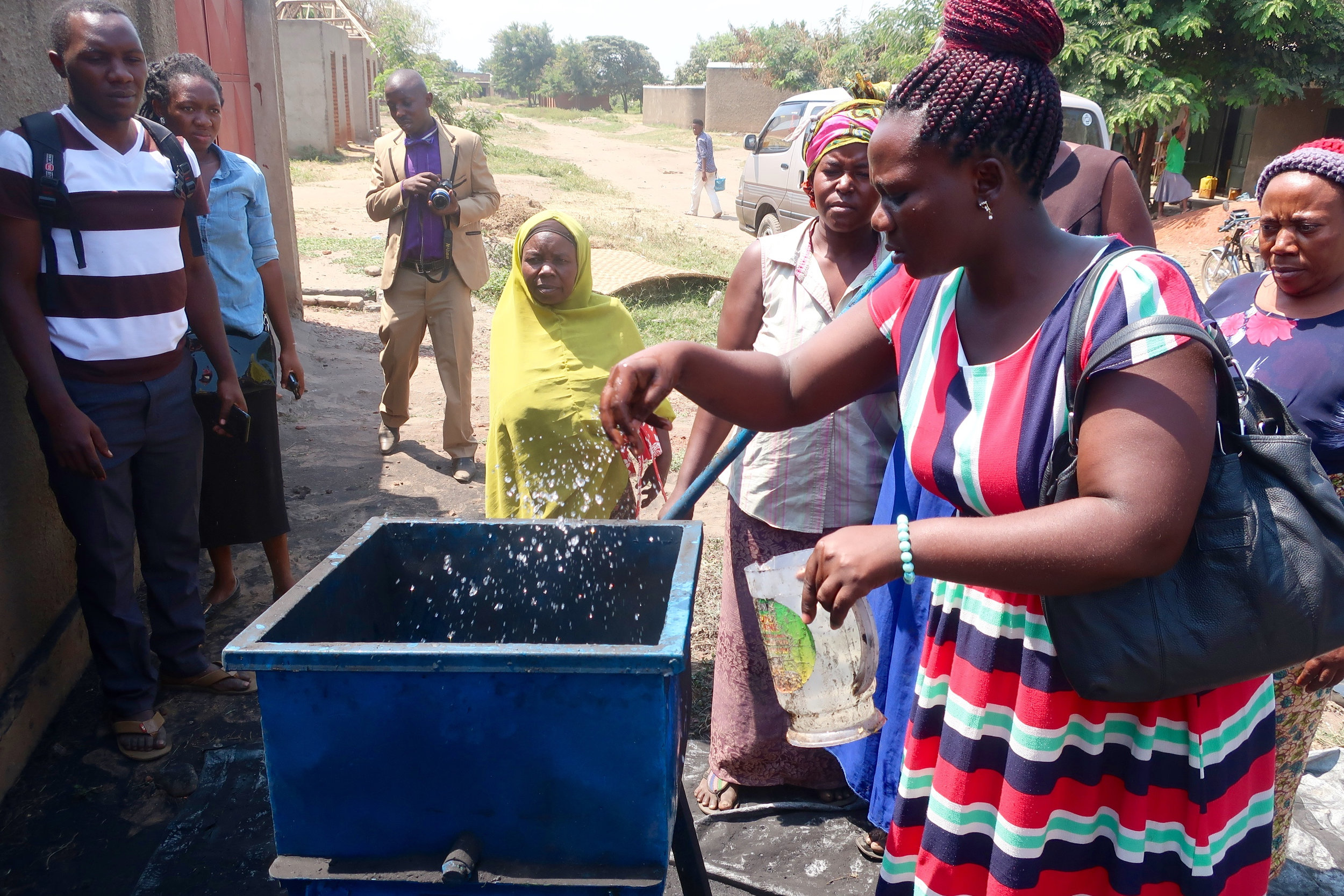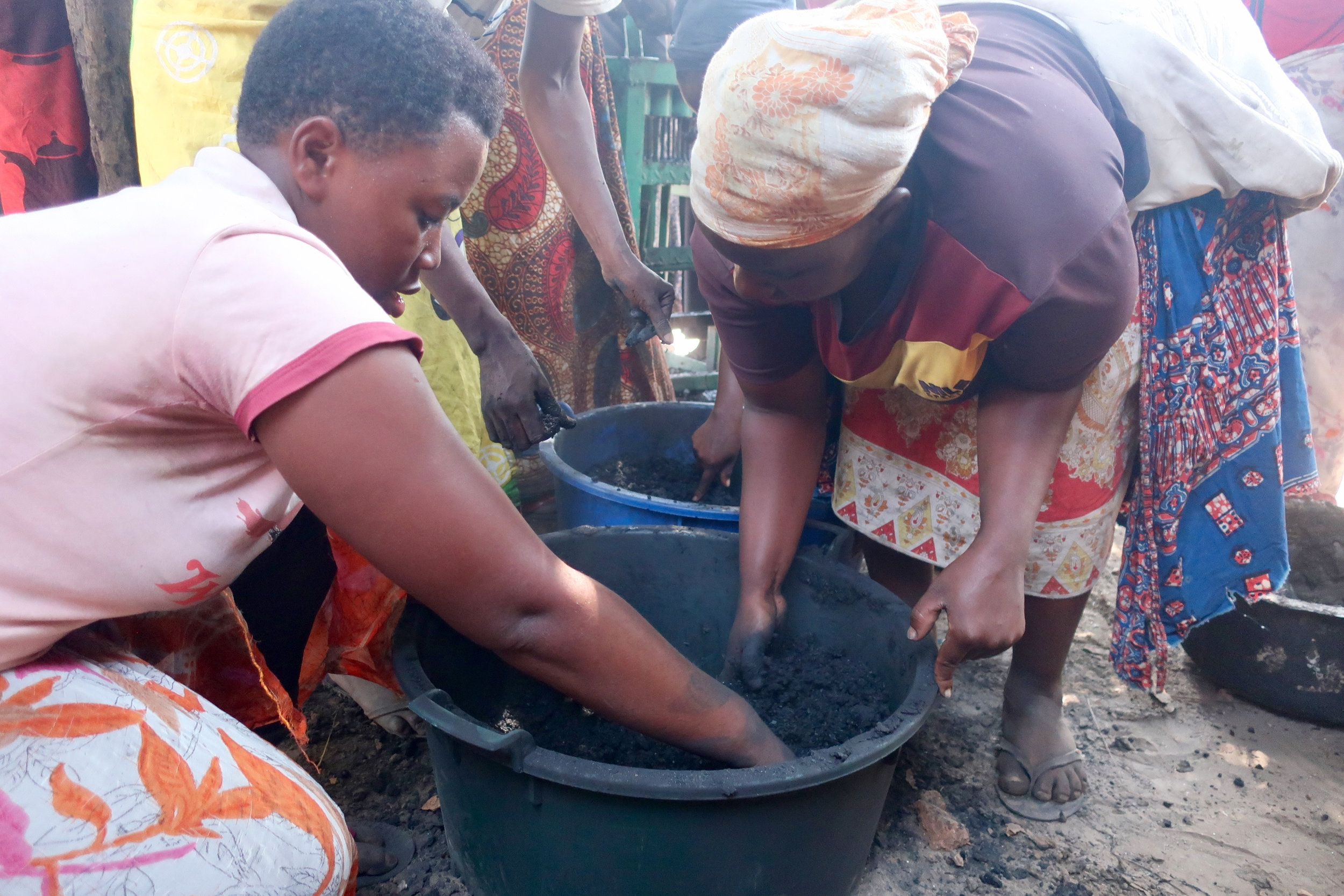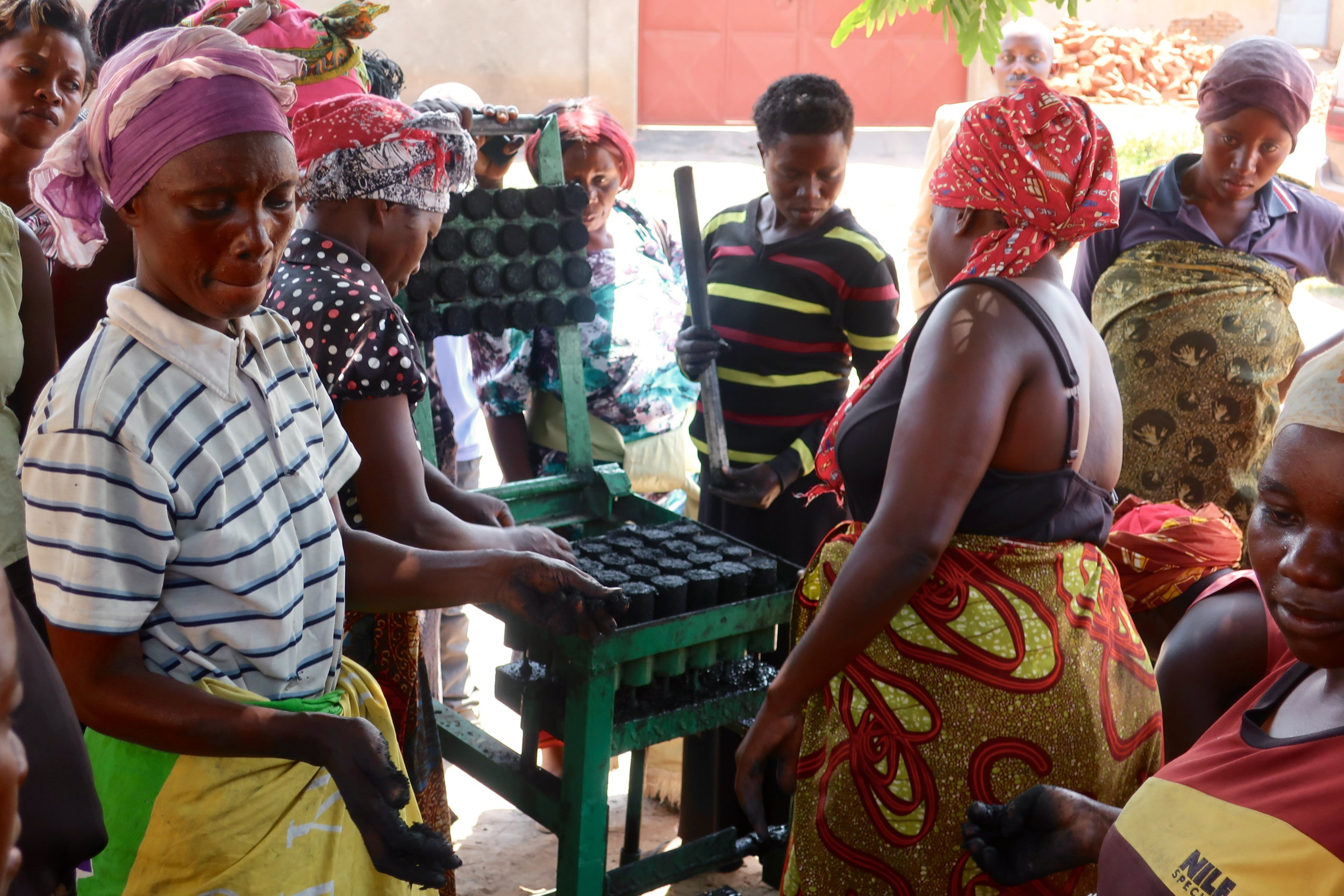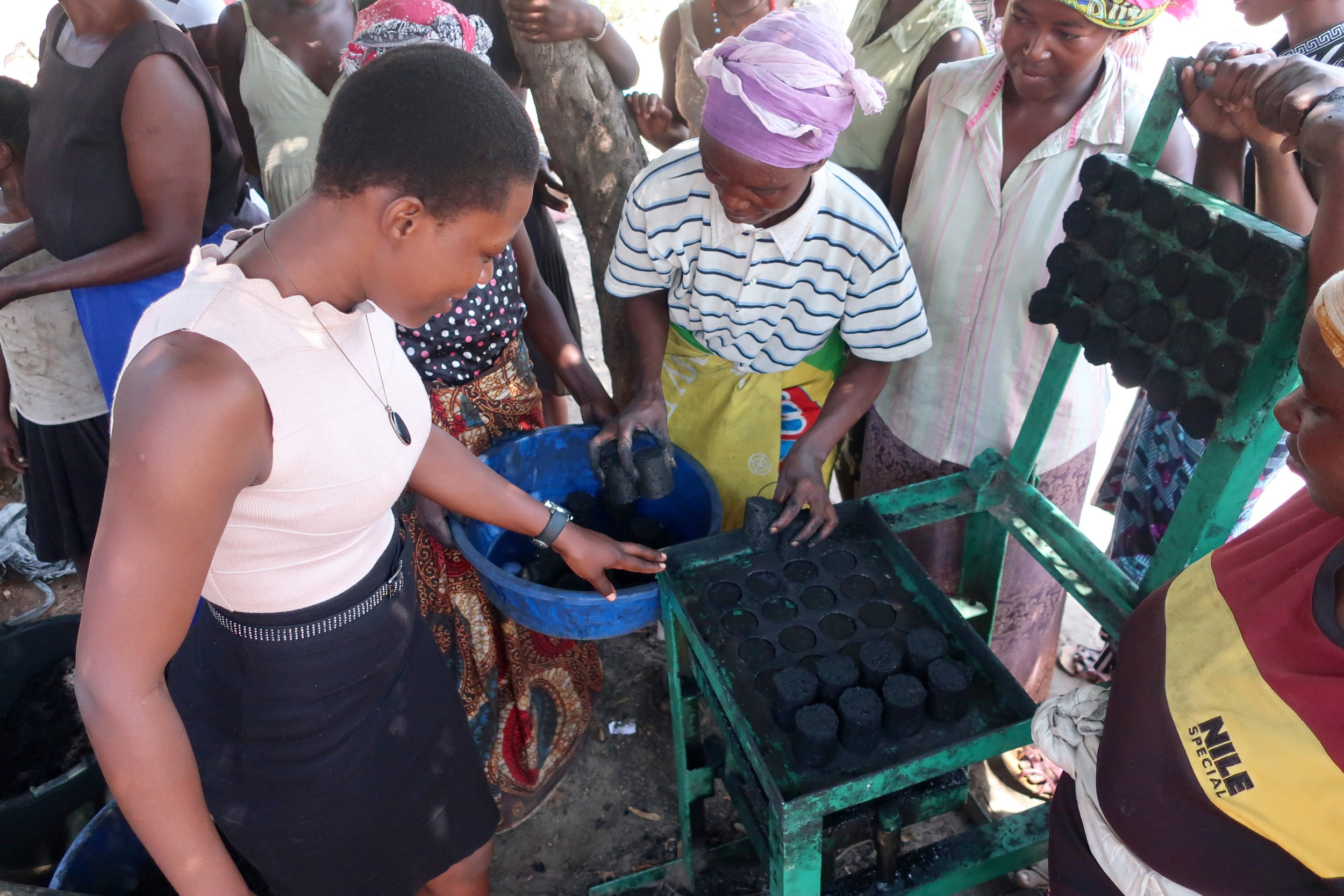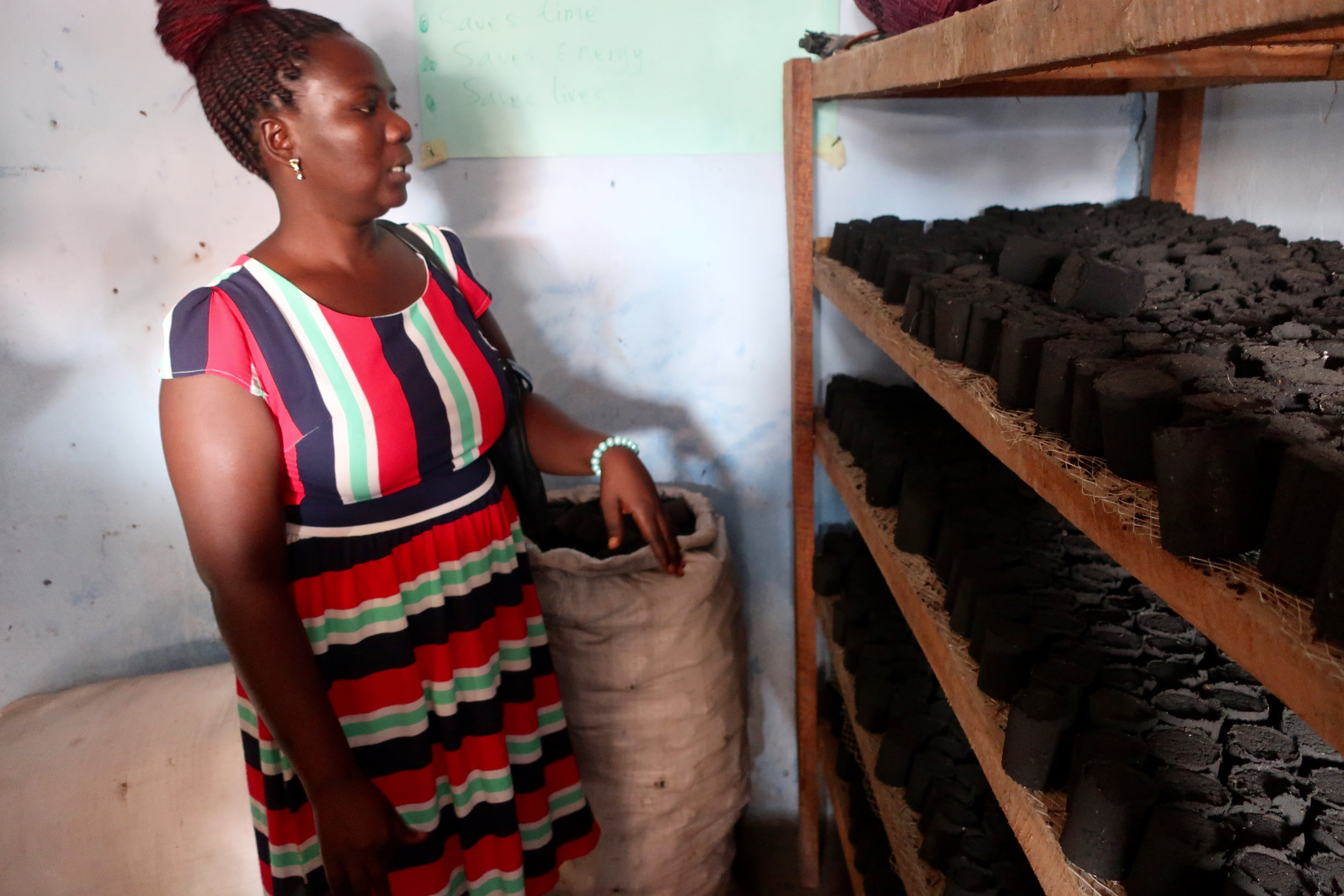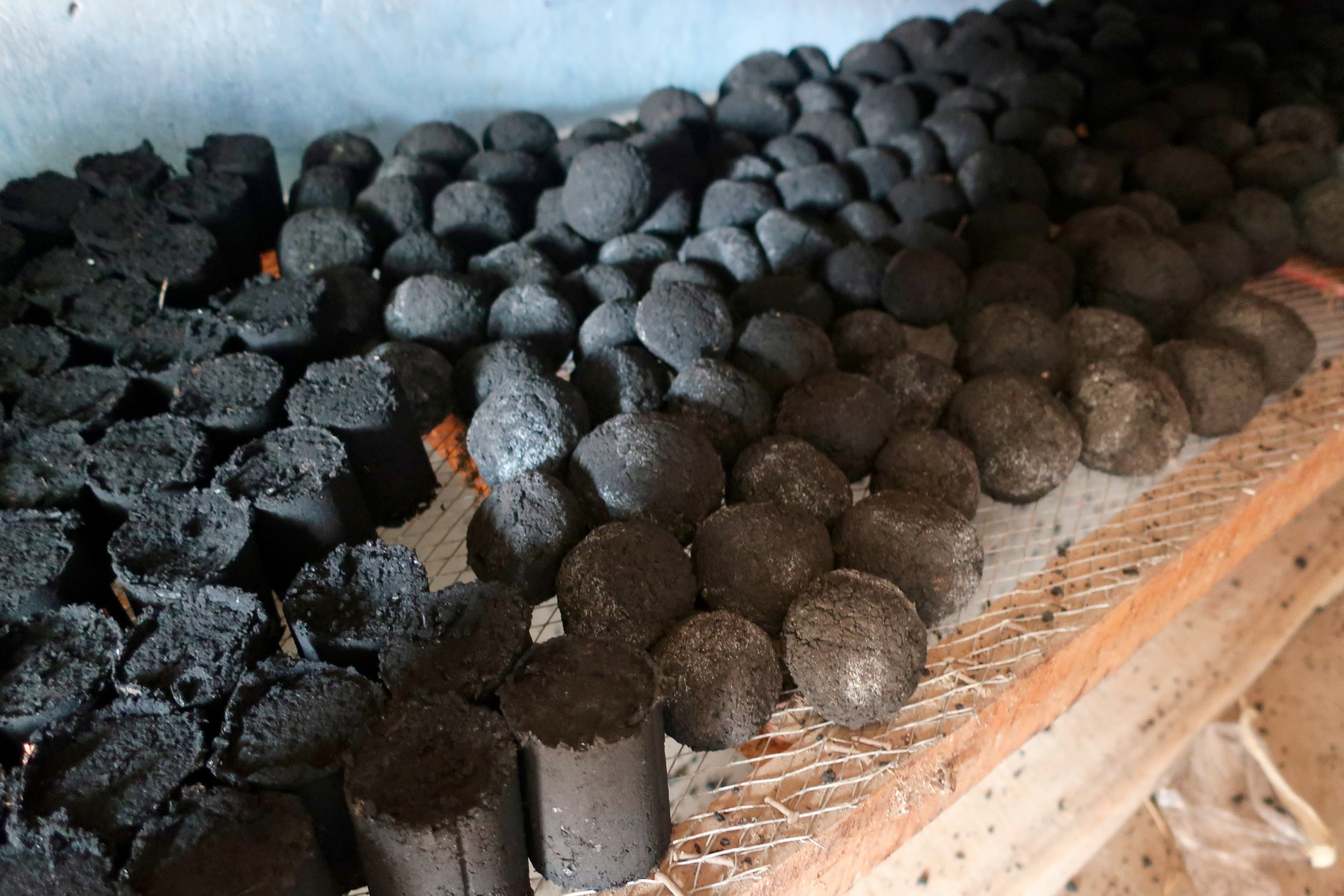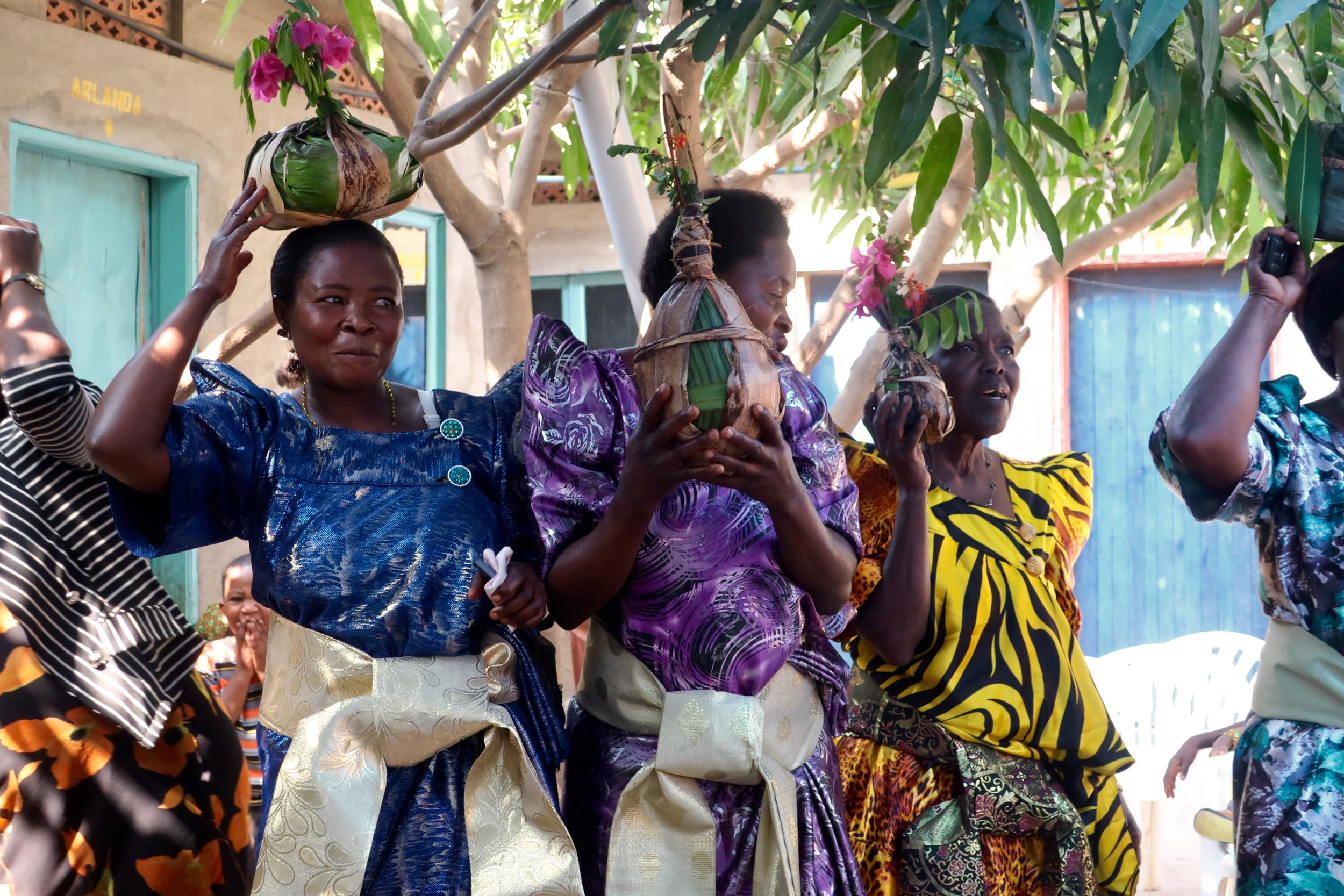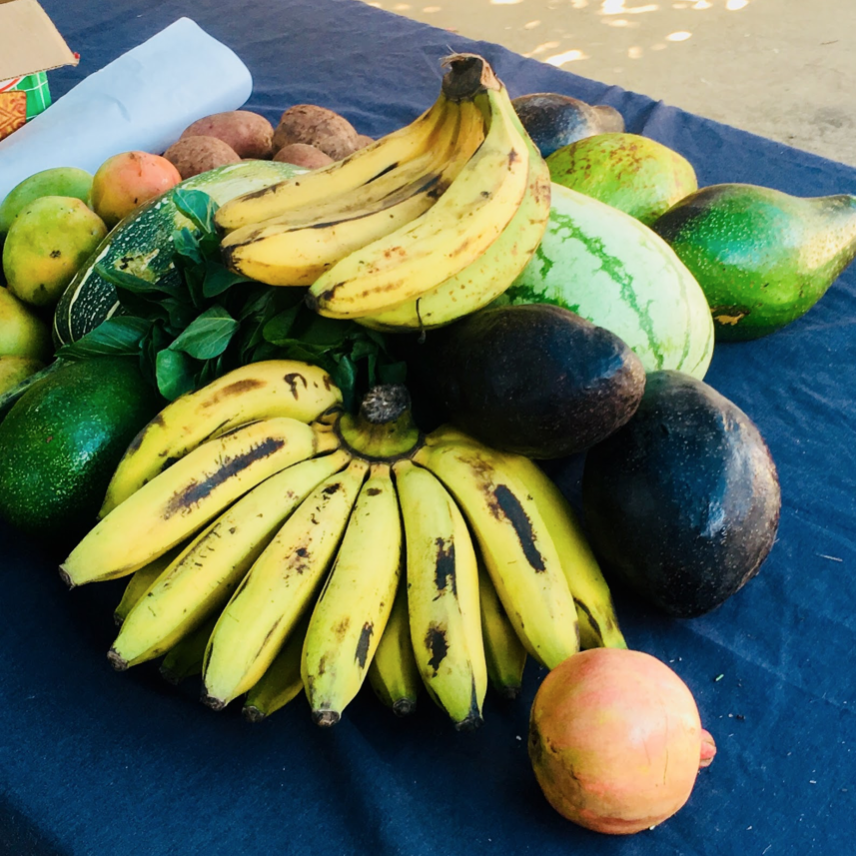Now, having finished Dr. Simard’s brilliant book I feel an abiding sense of calm and appreciation that I found my way to this book at all. A deeply compelling personal story is interwoven with a precise scientific exploration into the intricate workings of the forest. The wisdom of what the trees can teach us in understanding how a uniquely intelligent network of underground root and fungi systems, known as mycellin, that is so integral to their health and productivity, can be applied to all of our lives.
I first had the idea for Rockflower in 2007, during a working session at The Clinton Global Initiative called Filling the Financing Gap. As the panel described the need for more long term, high risk investment funds in developing economies, I knew that I would start one of these funds and that it would be for women and girls.
This was quite a bold move, given that I had studied English Literature at university and it would be an understatement to say that Maths was not my best subject in school. However, the feeling was unshakable and so I continued to listen around how this might evolve. The vision was very clear though, it would be a holistic framework based around five keys and it would be global, not restricted to one geographical area.
It proved to be extremely difficult to raise money to support this holistic vision. Many times I was told to focus on just one of the five keys, as all five were too large a concept, no one would get behind funding that. Or that I should limit it to one geographical area, after all the world was a big place.
Now after reading Dr. Simard’s book, I see the perfect blueprint for the vision I have held onto for so many years, of a “five stages of growth” funding system. I called it a “seed to canopy” funding model and drew diagrams of seeds and roots and tried to make sense of what it all meant. I was certain of one thing, and that was to get more money into the hands of women and girls living on the margins whose lives would be radically altered by having access to investment for their own dreams and visions.
I couldn't see the whole picture yet and I certainly couldn't articulate it, but I had to keep going. I wanted a system that was fully contained in one ecosystem, but again was told to stay in my “capital lane”. If you are an early stage funder, you should perfect that, not try to reach across lanes into the other areas of growth. But my argument always was and still is, if you spend all of that time building up trust and relationships, why when the time is right to scale would you then not be in a position to support further growth.
You see, you start at the roots and you keep feeding, confident that the exact level of nutrients will be delivered in a timely manner. I have written over twenty decks in the last six years, all with variations on the theme of seeds, bushes, flowers, trees, canopies, trying to weave in my two principles of mothering and gardening and wondering how to get it all to make sense.
I am a mother to four children, Rex - 18, Isabella - 20, Lulu - 22 and Francesca - 24. My conventional mothering skills are limited - I am a pretty mediocre cook and I would rather read a book, any book, than go to the supermarket. But I do know how to “mother”, in the broader sense. I know what each one of them needs at any given time, and for that they call me Tsumommy or Tsumami - like a tsunami that comes in with all its might and passion and force.
Dr. Simard details how each Mother Tree connects to her kin, by knowing exactly what nutrients they need, but she also feeds the other species in the forests. She gives what she has to give through the “logic of mothering”. I have always known that my children’s lives are not more important than any other child’s life in any other part of the world.
I started Rockflower because I wanted to be part of a different economic paradigm, one that values the “currency of mind” above all else. Having heard the phrase “currency of mind” during a meditation almost seven years ago, it has become the guiding principle of Rockflower’s work. It places the value of ideas and relationships above all else. I now see it is the network, the currency that runs throughout the fund, connected by central hubs and nodes, just as the forests use the mycellin network to carry the wisdom and strength of the forest to their entire ecosystem.
Whilst we are still at the seed stage of the “seed to canopy” fund, we have worked with 48 partners, and seeded 58 projects. By the end of this year we will have given out over $500,000 in small grants to fund the root system of Rockflower’s network. Last year we set up the Partner Advisory Council with 12 members from diverse backgrounds and skill sets. The connective tissue is growing stronger and this month we launched a pilot project with one of our newest partners - El Origen Foundation, Colombia with our oldest partner, Community Services Program, Pakistan - Bridging the Digital Divide.
Reading Dr. Simard’s book has given me the gift of being able to relax and take a minute to breathe knowing that the blueprint is already there, the story has been written, and that the wisdom of the forest and the Mother Trees will guide me.
AN EXCERPT FROM “FINDING THE MOTHER TREE” by Suzanne Simard
The old trees were the mothers of the forest.
The hubs were the mother trees.
Well, mother and father trees, since each Douglas fir tree male pollen cones and female seed cones.
But … it felt like mothering to me. With the elders tending to the young. Yes, that’s it. Mother trees, Mother Trees connect the forest.
This Mother tree was the central hub that the saplings and seedlings nested around with threads of different fungal species, of different colors and weights, linking them, layer upon layer in a strong complex web. I pulled out a pencil and notebook. I made a map: Mother Trees, saplings, seedlings, Lines sketched between them. Emerging from my drawing was a pattern like a neural network, like the neurons in our brains, with some nodes more highly linked than others.
Holy smokes.
If the mycorrhizal network is a facsimile of a neural network, the molecules moving among trees were like neurotransmitters. The signals between the trees could be as sharp as the electrochemical impulse between neurons, the brain chemistry that allows us to think and communicate. Is it possible that the trees are as perceptive of their neighbors as we are of our own thoughts and moods? Even more, are the social interactions between trees as influential on their shared reality as that of two people engaged in conversation? Can trees discern as quickly as we can? Can they continuously gauge, adjust, and regulate based on their signals and interactions, just as we do? ….
Maybe I was onto something: both neural networks and mycorrhizal networks transmit information models across synapses. … maybe from both networks emerge connection, communication and cohesion. .. It was already widely accepted that plants use their neural-like physiology to perceive their environment. Their leaves, stems and roots sense and comprehend their surroundings, then alter their physiology - their growth, ability to forage for nutrients, photosynthetic rates and close rates of stomata for saving water. The fungal hyphae too perceive their environment and alter their architecture and physiology. Like parents and children, my girls and Don, and me, adapting to change, aligning to learn new things, figuring out how to endure. I’d be home tonight. Mothering.
The latin verb intelligere means to comprehend or perceive.
Intelligence.
The mycorrhizal networks could have the signature of intelligence.
At the hub of the neural network in the forest were the Mother Trees, as central to the lives of the smaller trees as I was to Hannah and Nava’s well-being”



